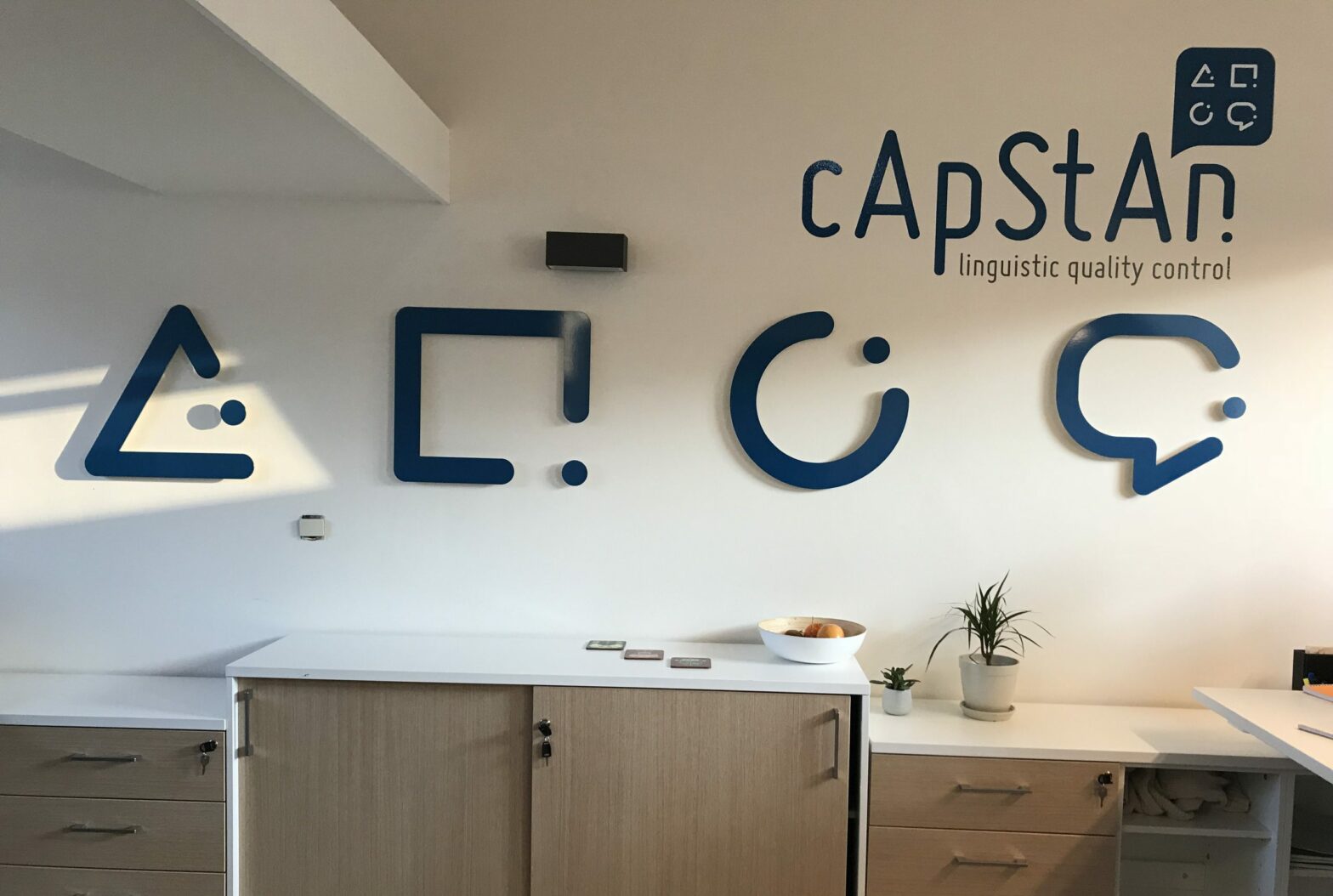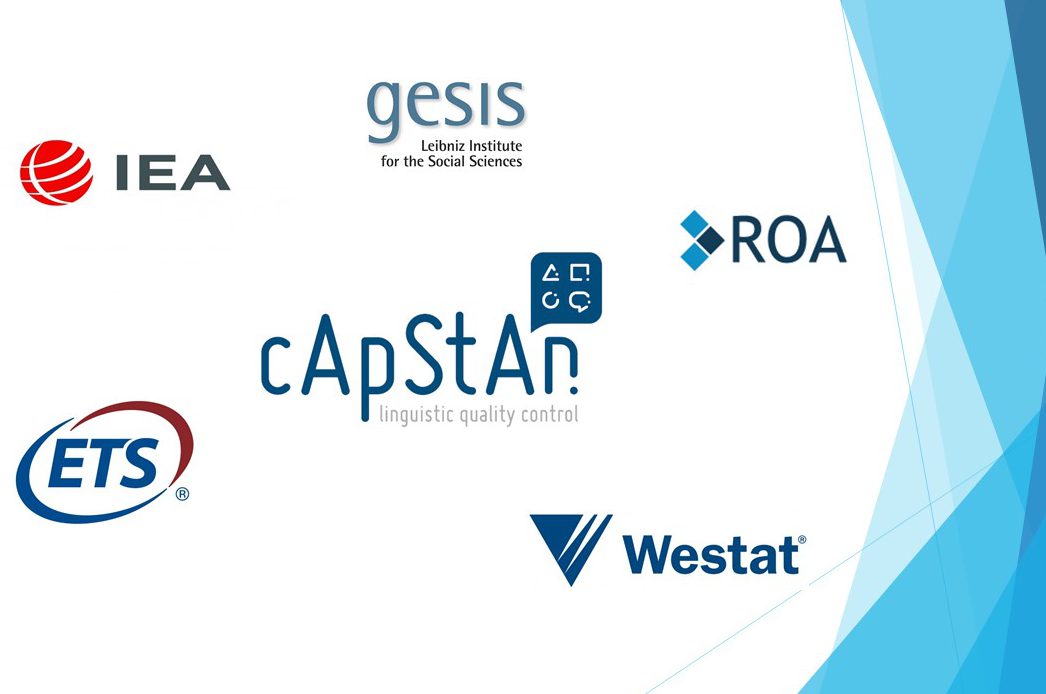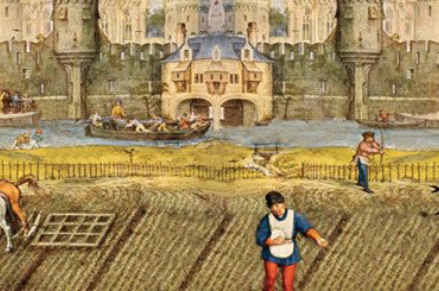Category Archives: Tests and Assessments

How rapid feedback on assessments could help enhance teaching
by Pisana Ferrari – cApStAn Ambassador to the Global Village Data from current and past tests and assessments, class room behaviour, student retention, etc., are an important resource in evaluating the quality of educational programs and services and identifying areas for improvement. An interesting article in the ACT blog looks at the results of a …
“How rapid feedback on assessments could help enhance teaching”
Read More
Automatic Item Generation in testing
by Pisana Ferrari – cApStAn Ambassador to the Global Village Automatic item generation (AIG) is one of the innovations in testing discussed at the recent Association of Test Publishers’ (ATP) annual conference in San Antonio, Texas. Multiple choice questions have been the traditional way of testing for generations; the advent of new forms of computerised …
“Automatic Item Generation in testing”
Read More
ATP Innovations in Testing Conference 2018 in San Antonio
by Devasmita Ghosh – Enterprise Growth @ cApStAn//Marielle Lerner – Localization Specialist and Senior Project Manager @cApStAn The cApStAn team attended ATP’s annual conference on Innovations in Testing in the hill country outside historic San Antonio, Texas. The team was welcomed to what would be a high-energy, collaborative, jam-packed four days. There was a lot …
“ATP Innovations in Testing Conference 2018 in San Antonio”
Read More
Revitalising multiple choice questions for the digital age
by Pisana Ferrari – cApStAn Ambassador to the Global Village Multiple choice questions (MQCs) have been the traditional way of testing for generations, and have not changed substantially since they were first introduced, over a century ago, by Frederick Kelly*. His “Kansas Silent Reading Test” was possibly the first (timed) reading test that could be …
“Revitalising multiple choice questions for the digital age”
Read More
“Personalised” or standardized testing?
by Pisana Ferrari – cApStAn Ambassador to the Global Village While cApStAn has collected empirical data on cross-language comparability of standardized test items, and recognises the value of standardized testing, we acknowledge that the approach described in this article is fascinating. According to the author there will always be a place for standardised testing but …
““Personalised” or standardized testing?”
Read More
Taking stock of 2017, setting the bar for 2018
by Steve Dept – cApStAn partner The year 2016 has been quite exceptional for cApStAn, but this was partly due to the fact that the bulk of the work on one of our flagship projects, linguistic quality control in the OECD’s Programme for International Student Assessment (OECD/PISA), took place in 2016, just like 2013 had …
“Taking stock of 2017, setting the bar for 2018”
Read More
cApStAn a member of the PIAAC Cycle 2 Consortium
The OECD Programme for International Assessment of Adult Competencies (OECD/PIAAC) is a large-scale household survey of Adult skills such as literacy, numeracy and problem solving skills. The first cycle of PIAAC was conducted in over 40 countries, with 5000 adults aged 16 to 65 being interviewed in their homes in each of the participating countries. …
“cApStAn a member of the PIAAC Cycle 2 Consortium”
Read More
20 years ago: Avenue de la Renaissance 1
by Steve Dept – cApStAn partner In the late nineties, Steve Dept was involved in two large-scale translation and adaptation projects. As it happens, he was particularly concerned with the time and resources spent on multiple revisions that did not seem to warrant incremental improvements in faithfulness or fluency. The effect of a translation review …
“20 years ago: Avenue de la Renaissance 1”
Read More
cApStAn at the E-ATP 2017 Conference in Noordwijk
The venue for the 2017 edition of the European Chapter of the Association of Test Publishers was again a rather classy affair, a five-star hotel with a panoramic view of the North Sea, some 40 km out of Amsterdam. The weather conditions were whimsical and the sea was unruly, so the 365 attendees stayed in and everyone …
“cApStAn at the E-ATP 2017 Conference in Noordwijk”
Read More
Multidisciplinary Task Forces to Manage Complexity
Two weeks ago, a complete 18th century library was discovered in Bouillon. The books, all of them over 200 years old, are in pristine condition. A miracle for bibliophiles. The 18th century was the last moment in history when it seemed possible for Encyclopedists to be well-informed about the latest developments in just about every science …
“Multidisciplinary Task Forces to Manage Complexity”
Read More
Translation quality: entertaining anecdotes don’t give you the big picture
Our history class on the Middle Ages was a revelation (I remain indebted to Herman Van Bostraeten at Sint-Barbaracollege): instead of just being taught the starting point and the end point of the Dark Ages, e.g. from the fall of the Western Roman Empire in 476 till the invention of the printing press by Gutenberg …
“Translation quality: entertaining anecdotes don’t give you the big picture”
Read More